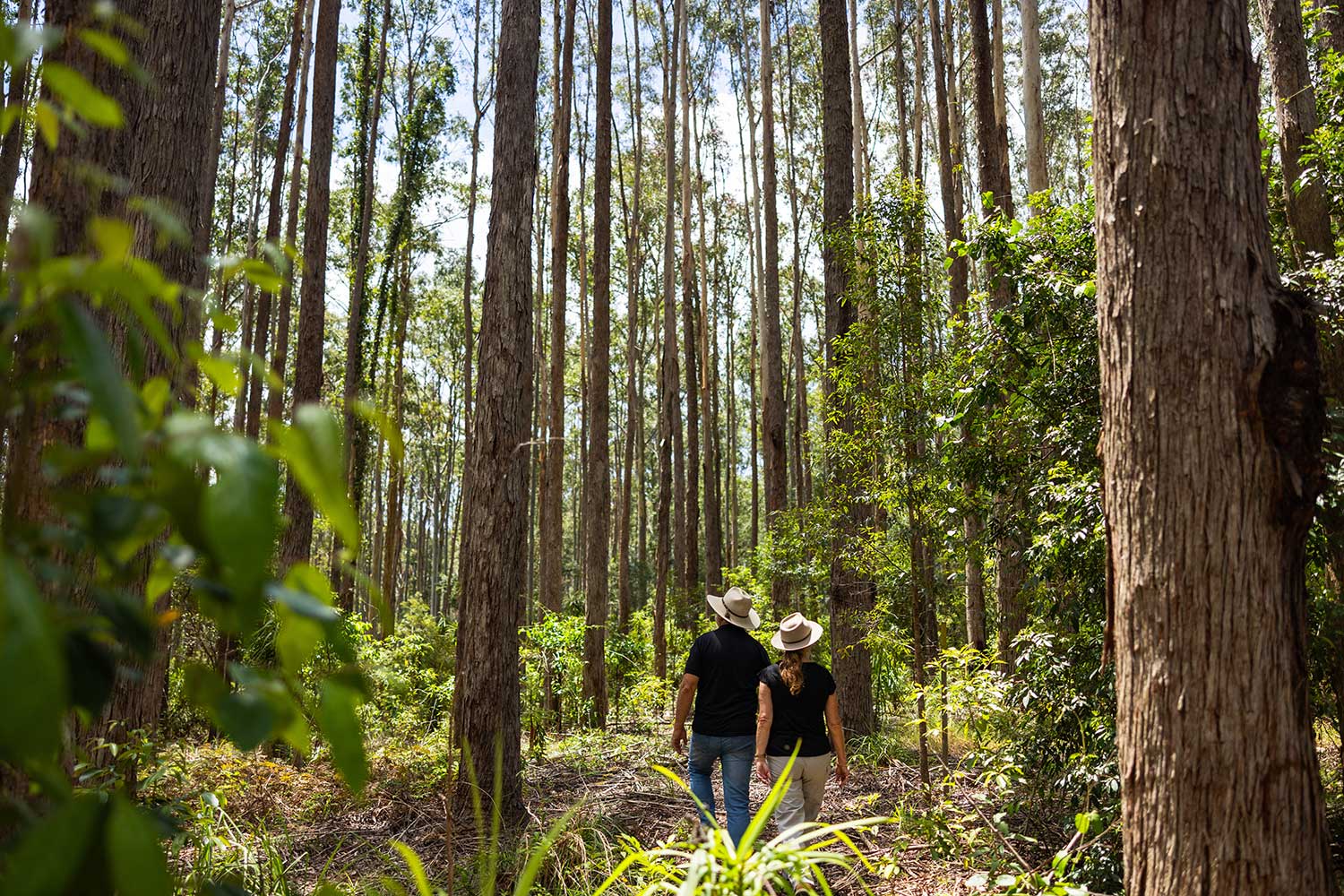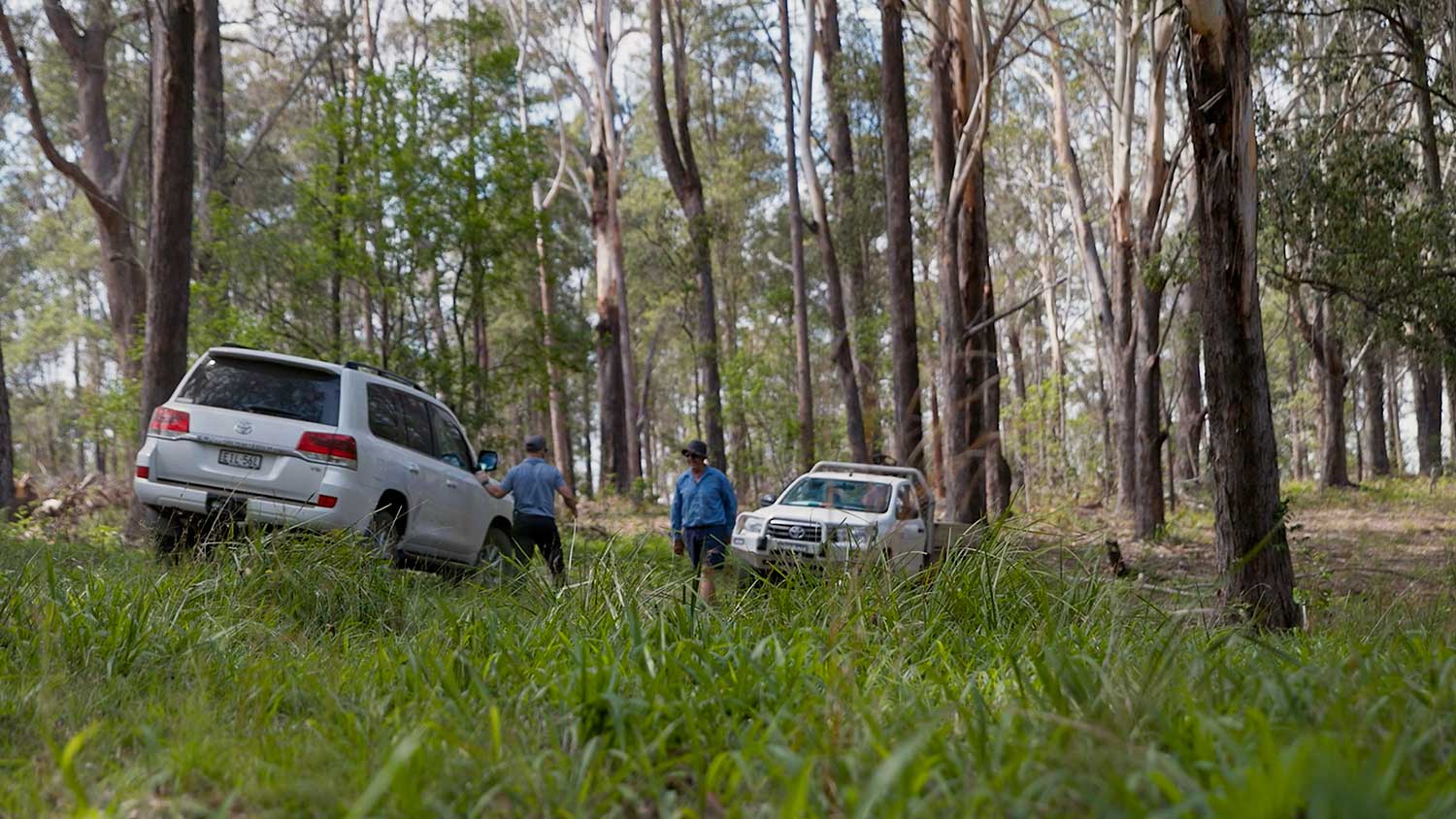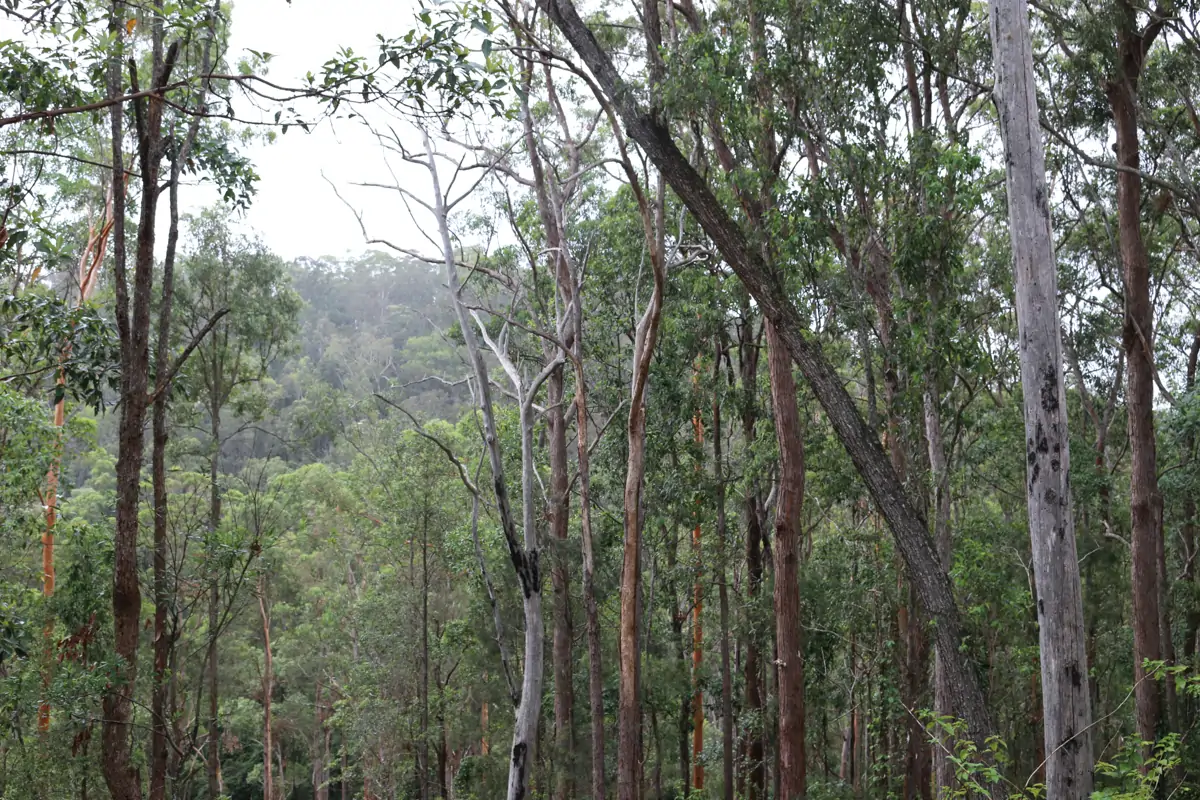In New South Wales, the Private Native Forestry Codes of Practice set out a regulatory framework to ensure the ecologically sustainable management of private native forests.
What are the Private Native Forestry Codes of Practice?
The PNF Codes are regulatory documents issued by New South Wales Local Land Services which apply to native forestry operations on private land. They set minimum operating standards for harvesting operations and contain provisions to ensure long term positive and ecologically sustainable environmental outcomes.
In May 2022, 4 new PNF Codes were introduced focussing on the unique requirements of the different types of forest found in NSW. This included the Private Native Forestry Code of Practice for Northern NSW.
Each PNF Code also has an accompanying field guide and silvicultural guidelines to help operators plan for and correctly apply the relevant practices and activities through their operations as well as provide essential information on ecologically sustainable forest management.
View the Private Native Forestry Code of Practice for Northern NSW.
What does the Private Native Forestry Code of Practice for Northern NSW cover?
The Code of Practice supports the long-term sustainable management of native forests on private land, with the primary objectives:
(a) To allow private native forestry in line with sustainable forest management principles.
(b) To protect biodiversity and water quality, including threatened species and ecosystems.
(c) To enable landowners to carry out forestry operations sustainably
(d) To recognise the differences between private native forestry and forestry on State or Crown land.
The Code of Practice details the different silvicultural methods used within sustainable forest management, which are covered in further detail in our blog: Forest Management Options for Private Landowners. It also includes guidelines for pest, weed and fire management.
Protection of the environment including areas of cultural and environmental significance are a key part of the Code, such as the application of riparian exclusion zones, habitat and biodiversity prescriptions. Exclusion zones are also specifically required for a wide range of animals, birds and reptiles native to NSW including the Grey headed Flying Fox, Rosenberg’s Goanna, Long-Nosed Potoroo, Hastings River Mouse, Black-striped Wallaby and Eastern Pygmy Possum to name a few.
It also covers forest and general property access such as roads and fire tracks, the location and management of log landings, portable mill sites and waterway crossings.
This looks like a wide range of considerations to incorporate into a plan, but it’s what we do every day!

What are the benefits of the code to private native forest, landowners and forest managers?
The benefits of the Private Native Forestry Code of Practice are wide and far reaching. Covering environmental, social and economical benefits for a wide range of recipients, from the forest, landholder, harvest operator, local sawmills, community and future generations to come.
Ultimately long term forest health is the core goal of the PNF code. It supports forest regeneration post-harvest, excellent ongoing forest productivity, the continued biodiversity and endemic presence of native forest flora and fauna, and the maintenance of water quality and good soil health. It also helps build landowner capacity to deliver best practice forest management, whilst providing economic benefits to both the landholders and the regional communities in which they live.
Read more on Ecologically Sustainable Forestry Management from Forestry Australia.

Who is responsible for ensuring compliance with the Code of Practice?
To ensure compliance with the Code, forestry operations firstly need to be approved under a Private Native Forestry PNF plan and must not start until a Forest Management Plan has been approved by Local Land Services. It’s important to note that harvesting operations on private property must have this in place prior to commencement, and its absence can amount to an offence under Part 5B of the Local Land Services Act 2013.
One of the roles of the NSW Environment Protection Authority (EPA) is as the agency responsible for monitoring compliance and enforcement of the PNF Codes of Practice. As the primary environmental regulator in New South Wales, their role is to protect, restore and enhance the environment for the benefit of human and ecological communities.
The requirements of the Code are the responsibility of both the landowner and the timber harvesting contractors. As a Sustainable Forest Manager operating in NSW, we understand and are fully committed to compliance with these regulations. This includes the practical and planning aspects of interpreting the requirements for our landowners, to allow them to better understand their obligations when actively managing the native forest on their land. We assist in the completion and updating of the Forest Management Plan during the harvest operations, up to and including the completion of works.
If you own a private native forest, now is the perfect time to embrace sustainable management practices. Connect with Sustainable Forest Management today. As experts in managing private native forests and plantations across the NSW North Coast, we offer free assessments and valuations of your forest. Contact Siman and the team at 1300 367 378 to find out how we can assist.



